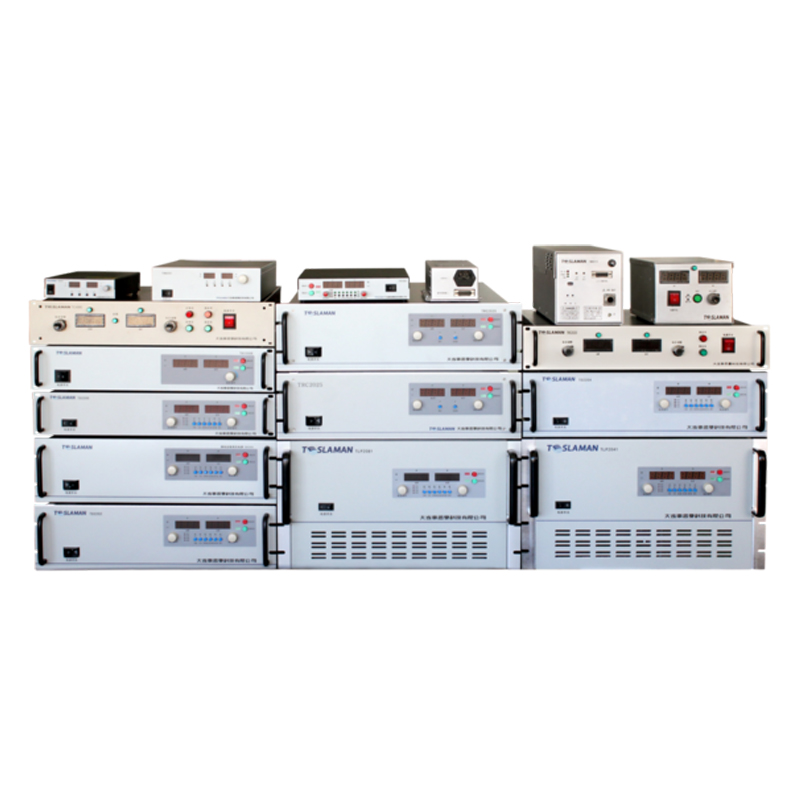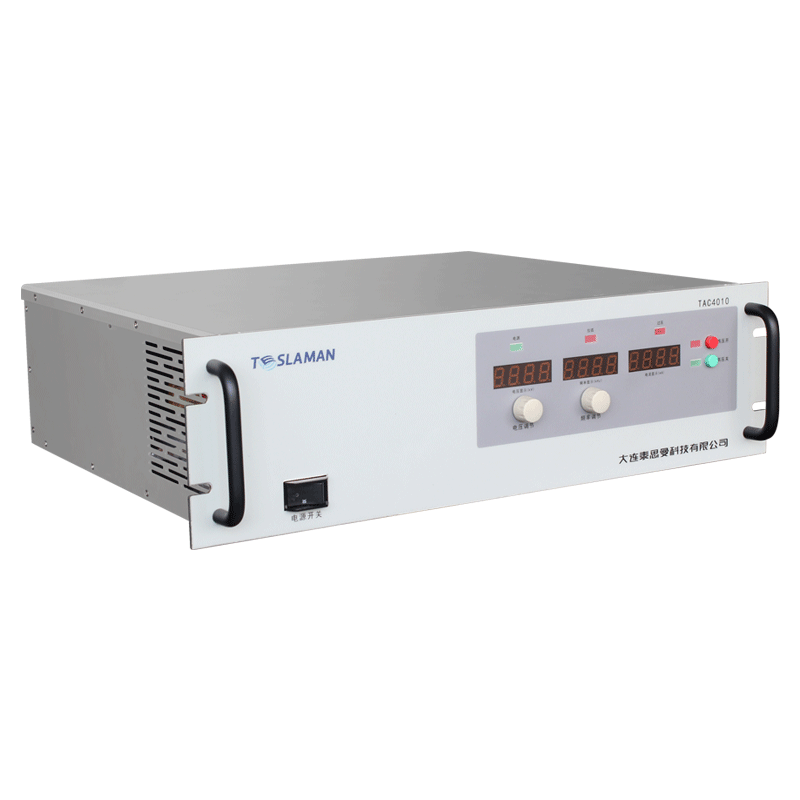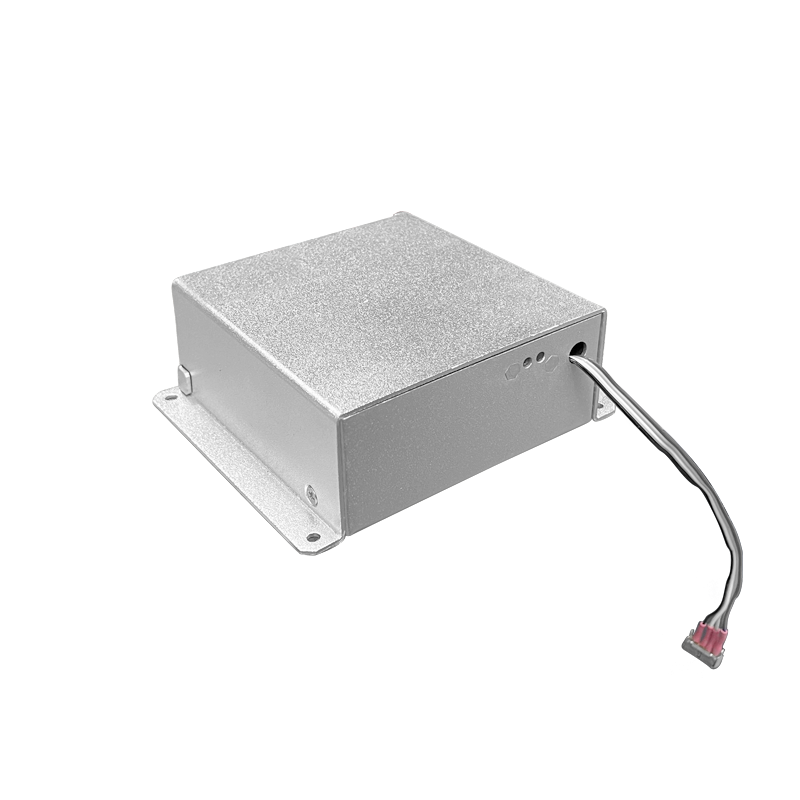The Acceleration Efficiency of High Voltage Power Supplies for Neutron Accelerators
In modern scientific research and industrial applications, neutron accelerators play a crucial role. As one of the core components of a neutron accelerator, the high voltage power supply, its acceleration efficiency is directly related to the performance of the entire accelerator system.
The working principle of a neutron accelerator is based on the acceleration of neutrons by an electric field. The high voltage generated by the high voltage power supply forms a strong electric field. Neutrons gain energy in this electric field and are thus accelerated. The acceleration efficiency is a key indicator that measures to what extent the high voltage power supply can accelerate neutrons per unit time.
There are many factors affecting the acceleration efficiency of the high voltage power supply for a neutron accelerator. Firstly, it is the stability of the output voltage of the power supply. If the output voltage of the high voltage power supply fluctuates, the energy obtained by neutrons during the acceleration process will be unstable. This will cause some neutrons to fail to achieve the expected acceleration effect, thus reducing the overall acceleration efficiency. For example, in some experiments with extremely high requirements for neutron energy accuracy, even the slightest voltage fluctuation may cause deviations in experimental results.
The power capacity of the power supply is also of great importance. Sufficient power capacity means that the high voltage power supply can provide more energy to neutrons per unit time. When a large number of neutrons need to be accelerated or neutrons need to be accelerated to higher energies, if the power of the power supply is insufficient, the acceleration efficiency will inevitably be limited. Just like when a car engine has insufficient power, it is difficult to reach a high speed driving state quickly.
The response speed of the high voltage power supply also affects the acceleration efficiency. During the operation of the accelerator, it may be necessary to quickly adjust parameters such as voltage according to different experimental requirements or working conditions. If the response speed of the power supply is slow and cannot keep up with these changes in a timely manner, it will cause a delay in energy transfer and thus reduce the acceleration efficiency.
In addition, the circuit design and component performance inside the high voltage power supply cannot be ignored. An optimized circuit design can reduce energy loss, enabling more energy to be used for neutron acceleration. High quality components can ensure the stable operation of the power supply during long term operation and maintain good acceleration efficiency.
Improving the acceleration efficiency of the high voltage power supply for a neutron accelerator is of great significance for enhancing the performance of the entire neutron accelerator system. By improving the stability of the power supply, increasing the power capacity, accelerating the response speed, and optimizing the internal circuit and components, the acceleration efficiency can be effectively improved. This provides researchers with a more powerful research tool, promotes the development of related fields such as nuclear physics and materials science, and can also play a greater role in practical applications such as industrial inspection and medicine.




















